五年级牛津英语教案5篇思维导图

教案是课程的总体规划。它规定了不同类型课程的相互结构,也规定了管理学习方式中不同课程的要求和比例。
树图思维导图提供 五年级牛津英语教案5篇 在线思维导图免费制作,点击“编辑”按钮,可对 五年级牛津英语教案5篇 进行在线思维导图编辑,本思维导图属于思维导图模板主题,文件编号是:0a86611ac86a8cd6a35c353f6699069b
思维导图大纲
五年级牛津英语教案5篇思维导图模板大纲
教案是课程的总体规划。它规定了不同类型课程的相互结构,也规定了管理学习方式中不同课程的要求和比例。同时,对学校的教学、生产劳动、课外活动等进行了全面安排,具体规定了学校应设置的学科、课程顺序以及学年和假期的课时分配。下面是树图网带来的五年级牛津英语教案。感谢您的阅读,希望对您有所帮助!
五年级牛津英语教案1
Period 1
Welcome to the unit & reading Teaching aims and learning objectives: By the end of the leon, students should be able to 1.Ask and answer questions about and talk about their experience
2.Differentiate and realize 3.Learn to use words about correctly 4.Understand the text and identify
5.Brave to present opinions in discuion with partners 6.Have a better understanding of Leon focus and Difficult points:
Teaching procedures Step 1 Pre-Reading 1.Lead in
Show some pictures, photos or videos in presenting background information of the text to help in comprehension.It is the warm-up for reading and the lead-in of the whole unit.It can arouse ’ interest in learning this unit. 2.Ask questions & discuion Establish a reason for reading by asking some questions and expre an attitude about the topic.The learners can be encouraged to become oriented to the context of the text.In discuion, they will become familiar with some of the language in the text and review their own experiences in relation to the topic. are all expected to be involved in the discuion to share their opinions with each other and have the opportunity to practice their spoken English.It can arouse their interest in learning and build their confidence.
After the discuion, the teacher should give in-time feedback and lead them to deep thinking.T naturally draws ’ attention to what will be learned. 3.New words learning List some key words in the text that will hinder ’ comprehension and can not be easy to gue their meanings in the context.Ss will not feel so hard in reading comprehension.(This step aims to stimulate ’ existing knowledge and activate their cognitive schema.It arouses their interest and drives ’ motivation in reading.It enables to make preparation for the following reading.) Let talk about the title and predict the content by themselves instead of giving right answers since all kinds of prediction will be helpful in comprehension. Step 2 First-Reading Skimming (main idea) & scanning (specific details like names of places or people) Develop ’ fast-reading skills and get the main idea about the text.Let check in pairs to develop their ability of peer aement.Step 3 Second-Reading 1.Read in details and finish exercises C1C2
Encourage to be active as they read and get detailed information in the text.Ss finish C1C2.Give them more questions to stop and think about so that can not only get detailed information about the text but also have a better understand of it.
T asks Qs like when and where the story happened.Who are the main characters? And what’s the problem/an iue Polly faced? What imprees you most about the story?
Step 4 Third-reading 1.Fill in a chart Let Ss read the text again and comprehend the text in the discourse level.Provide a chart for them to fill in with some points of information in the text to check ’ comprehension.Let work in pairs to develop their collaboration and build their confidence.T gives feedback.The chart can also be used to analyze and highlight the main structural organization of the text/part of the text, which shows how the structure relates to meaning.2.Teach reading strategies
Teach reading strategies based on the structural organization.With the help of the chart, Ss will be able to learn them better. 2.Finish D
After deep understanding, Ss have the chance to gue the word meaning in context.It helps develop their learning abilities as independent learners, which will be very beneficial for their further study.It is a good way to enlarge their vocabulary.T gives in-time check. 3.Finish E Choose the correct words Step 5 Summary and Homework Make a summery about what have learned in this leon and check as a whole.And give some time to ask qs.Give various clues to predict the next part of the text, which can strengthen their comprehension and develop their imagination.Extension activities enable to develop their integrated skills and practice words they have learned in reading.Encourage to expre their opinions and inspire their confidence in learning English.Review what we have learned in this leon, finish exercises in workbook and prepare the next part.
五年级牛津英语教案2
Unit1 A new term The First Period (第一课时)
一、教学目标: 1.听得懂、会说、会读、会拼写单词:Monday, Tuesday, Wednesday, Thursday, Friday 2.听得懂、会说、会读、会拼写句型:What day is it today ?It’s… 3.听得懂、会说、会读:Welcome back to school.Nice to see you .
二、教学内容:1.B:Look,read and learn中 星期名称的单词 2.C:Ask and answer前两句.
三、教学重点:句型What day is it today? It’s…
四、教学难点:单词Wednesday, Thursday, Friday的读音及拼法
五、教具准备: 磁带和录音机, 单词卡片, 挂历
六、教学过程: Step1.Warm-up Sing a song‘Happy Spring Festival’
(建议使用歌曲‘Happy new year ’曲调,这即能让学生回味新年的欢乐,又渲染了学习英语的氛围。) Step2.Free talk T: I’m Mi Wang.What’s your name? S: I’m…
T: Nice to see you.S: Nice to see you.T: It’s Feb,9, it’s Monday .Welcome back to school.S: Thank you .(教生字Monday) Step3.Presentation 1.(出示封面印有猴子的挂历)
T:(指着猴子)What can you see in it? S:I can see a monkey.T:I like monkeys.How about you ? (比较自然的引出这一交际用语,为D部分教学埋下伏笔.) S:I like monkeys, too.T: How many monkeys are there? S: There is only one.(可根据实际情况回答。)
T:(翻过封面,指着日期)How many days are there in a week? (可用中文向学生解释in a week的意思) S: There are seven.教生字day, 全班跟读,开火车读,及时纠正学生错误发音) 2.T:(指着日期自问自答)What day is it today? It’s Monday.
(教生字today,并分别将today、day写在小黑板正反两面,通过学生的朗读,悟出两者的共同点,即字母组合发〔ay〕.) 4.Drill S1:What day is it today? S2:It’s Monday\\\\Sunday\\\\Saturday.(通过这组机械操练,使学生初步掌握本课的重点句型,这是必不可少的一环,也是以后熟练运用该句型的基础。)
5.T:(指着2004年2月10日)What day is it today? S: It’s Tuesday.
T:(将课表放在实物投影仪上,并指着星期二)How many leons do we have? S: We have six.(这是第二课时的教学重点,可先在本课时中渗透。)
(用上述方法教单词Wednesday, Thursday, Friday,由于这些词发音、记忆较难,教师应作好示范,把音节读清楚,并提示字母的读音规律,配合录音带,由慢到快地读出来。) Step4.Chant 一个星期有七天,请同学记心间,
Monday, Monday星期一,猴子花钱坐飞机.Tuesday, Tuesday星期二,猴子屁股摔两半儿.Wednesday, Wednesday星期三,猴子爬上花果山.Thursday, Thursday,星期四,猴子猴子去考试.Friday, Friday星期五,猴子遇上大老虎.Saturday, Saturday星期六,猴子上山摘石榴.Sunday, Sunday星期天,猴子休息上公园.(chant琅琅上口又具趣味性,相信能使关于星期名称的单词教学不再枯燥、乏味。) Step5.Homework 1.Copy and recite the new words: Monday, Tuesday, Wednesday, Thursday, Friday 2.Do some written work: A: What day is it today? B: It’s… 板书
Unit 1 A new term What day is it today? It’s Monday \\\\Tuesday\\\\ Wednesday \\\\Thursday\\\\Friday Saturday\\\\Sunday.
五年级牛津英语教案3
津小学英语6A Unit7教学反思
本节课的内容是牛津小学英语6A Unit7B C部分,在上课的过程中,我对教材进行了一定的研究分析,根据学生的实际生活,设计了一系列的教学活动过程。除了运用本课所学的重点单词以外,还引导学生进行延伸与拓展,同时让学生自主创设情境,操练所学过的语言文化知识。但是我对课堂的整体设计不够严密,整个课堂并未出现我所期待的亮点。现将我对这节课的整体思路阐述如下: 教学反思:
一、自由对话,导入新课。在本节课中,我从Free Talk开始谈起,通过问日期与说唱很自然的引入新课,引出本课标题:Unit 7 At Christmas,关于圣诞节的风俗习惯很多,我出示了三个词组Father Christmas ,give presents,a Christmas tree 让学生说说这是什么节日做的事情。我选择了呈现礼物这个特色做为我本节课的切入点,引入本课新单词的教学,且准备了一定的教学实物,通过展示各种实物的方法,让学生从视觉上认识事物,体验中学会说英语。同时我采用送礼物的方式来呈现新句型和名词性物主代词,学生在这种情境中学习新内容,大脑始终处于兴奋状态,学得认真,记得牢固。
二、自主学习,充分合作。英语作为一门语言,应体现它的交际功能,我一贯认为学生会应用英语是关键。所以我经常给学生自由发挥的空间,通过多次小组合作,充分的发挥想象,运用所学的内容自编自演谈话场景。这样学生可以活学活用英语,同时也培养了合作能力和表演才能。但本课在检查小组成果时,我却发现学生的语言很
单调,没有拓展性,跟我给他们的例子差不多,缺乏丰富性。这可能跟我课前渗透操练有关。
三、创设情境,巩固新知。在句型部分,本单元的主要话题是"谈论物品的归属",即名词性物主代词。通过学习,要求学生能在一定的情景下正确使用名词性物主代词。学生在理解其意思上没有太大的障碍,但在使用时却常常与形容词性物主代词混淆。我设计了送礼物和猜谜的活动,让学生在情境中理解并掌握。并用原先已学的形容词性物主代词来带出名词性物主代词,并且在板书中作对比,学生能深刻理解两者的区别。最后让学生自己来说说形代和名代的区别就好了,以此加深他们的印象。
五年级牛津英语教案4
Module 1 Unit1
We lived in a small house.
教学目标:
1、知识目标:
(1)New words: life ,different, ago, any, television, grandchildren, us, grandmother, lady
(2)New sentences:There were/weren’t …. There are….
We lived…many years ago. We live…now.
2、能力目标:
(1)能根据情境正确使用There be ……,We lived…many years ago. We live…now.句型谈论生活、学习中的事物
(2)培养学生听、说、读、写的能力。
教学重点::如何让学生在课堂上学会 There be …, We lived…many years ago. We live…now.句型并能在生活中灵活运用该句型。
教学过程:
一.预习检测
写出下列动词的过去式。
do_____ is____ are_____
live_____ have______ watch____
二.合作探究,学习课文。
1)播放课文录音,让学生在听录音的同时找出课文中出现的新单词与新句型。
2)进行游戏"火眼金睛找生词新句"。让学生以竞赛抢答的形式快速找出课文中出现的新单词与新句型。
3)在让学生初步了解了课文内容后,教师再次播放录音,让学生大声跟读课文。
巩固练习;
重点句式操练Listen and say。先让学生听录音,跟读句子,明确本课的重点句式,然后让他们灵活运用句式:There is/are……/There was/were……造句。
练习检测:
拓展延伸
让学生准备,谈论图中内容,然后选择几个代表来讲给全班同学听。回忆课文内容,试着用重点句复述课文。
引导学生对本节所学内容进行归纳总结:运用句式…There be.We lived…many years ago . We live …now.谈论及比较过去和现在的生活。
课后反思:
五年级牛津英语教案5
Module 2 Unit 1
She learnt English.
教学目标
1.学会词汇learnt these dancer
2.能听懂会说Unit 1这篇对话。
3.学习目标语句:Did your grandma learn English? Yes, she did. /No, she didn’t.
4.能口头运用Did your grandma learn English?这类语句询问过去的行为,并能口头运用Yes, she did./No, she didn’t.回答。
教学重点:学会词汇learnt these dancer
教学难点:运用目标语句She danced in lots of Chinese cities .Did she learn any foreign languages? Yes, she did. /No, she didn’t. He was a dancer .谈论过去。
教学过程:
Step1.预习检测
根据所给单词,补全句子。
1. Sam was____then.Now he is_____.(short tall)
2. My mother___ ______then.Now she___ ___.(old young)
Step2.合作探究,学习课文。
1. 听课文录音,理解课文大意。
2. 小组内学习课文。
3. 师解决疑惑。
4. 学生自己读课文,找出下面问题的答案。
Who are they ?
Why is she wearing these clothes?
Did she learn English?
Step3.巩固练习
完成课本第三部分。
.练习检测
五年级牛津英语教案5篇相关文章:
★ 英语五年级下册教案5篇2021
★ 外研版英语五年级上册教案5篇2021
★ 牛津英语初一上册教案5篇
★ 小学生英语教案范文三篇
★ 六年级英语优秀教案5篇
★ 2021新目标七年级下册英语教案5篇800字
★ 小学英语教案2020范文
★ 六年级英语教案设计5篇
★ 小学五年级课堂英语教学方法
★ 四年级英语阅读课教案5篇
相关思维导图模板
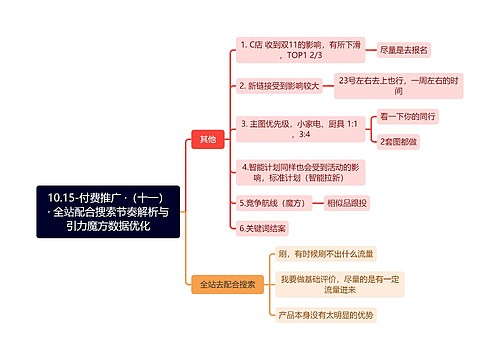

树图思维导图提供 10.15-付费推广 ·(十一)· 全站配合搜索节奏解析与引力魔方数据优化 在线思维导图免费制作,点击“编辑”按钮,可对 10.15-付费推广 ·(十一)· 全站配合搜索节奏解析与引力魔方数据优化 进行在线思维导图编辑,本思维导图属于思维导图模板主题,文件编号是:ca82ce4ec961ffd61f0a484a5c579820
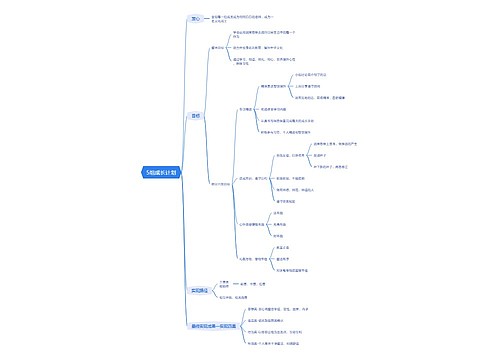

树图思维导图提供 5组成长计划 在线思维导图免费制作,点击“编辑”按钮,可对 5组成长计划 进行在线思维导图编辑,本思维导图属于思维导图模板主题,文件编号是:567eeaf1834765b5fd51195a76080718

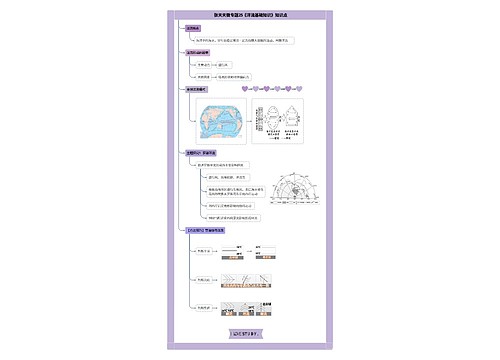
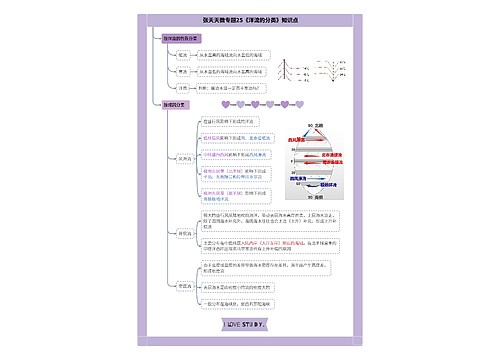
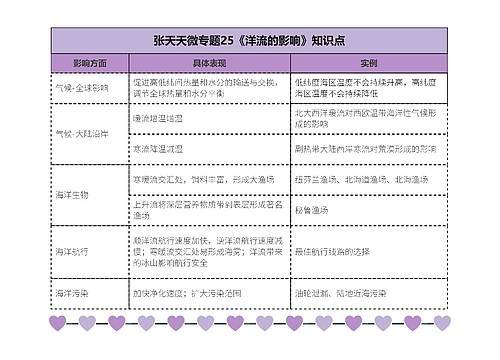
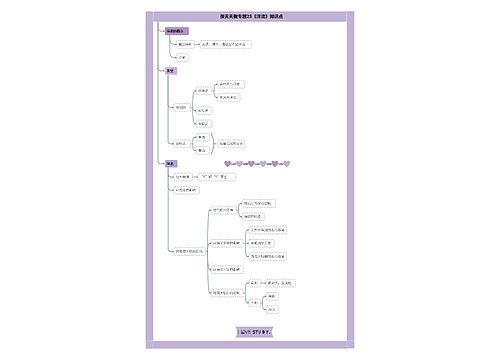
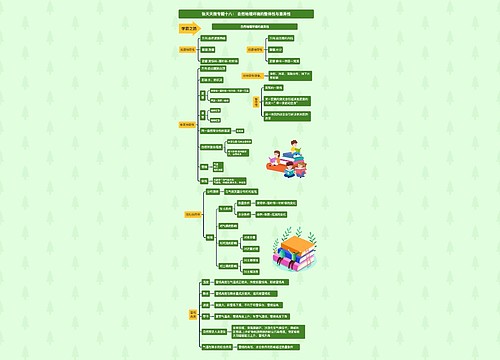
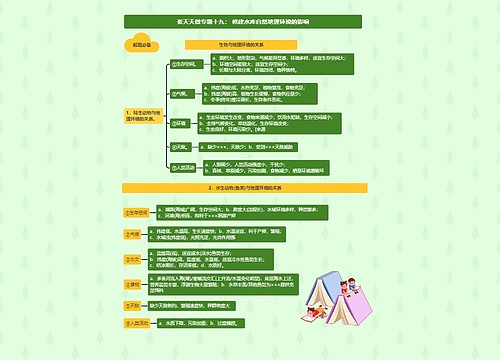

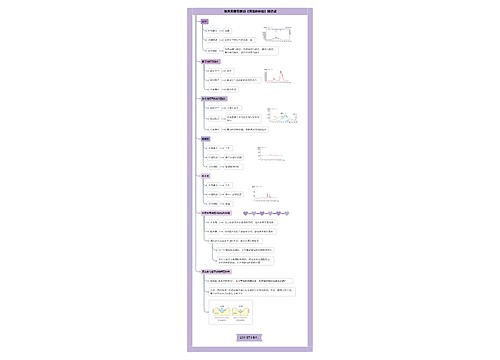
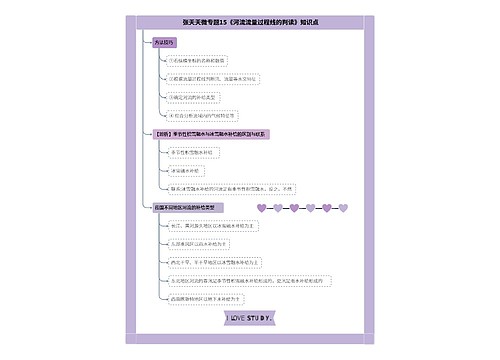
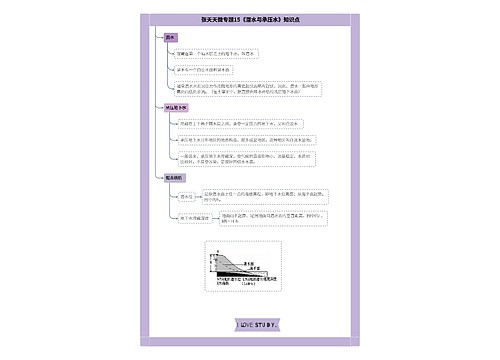
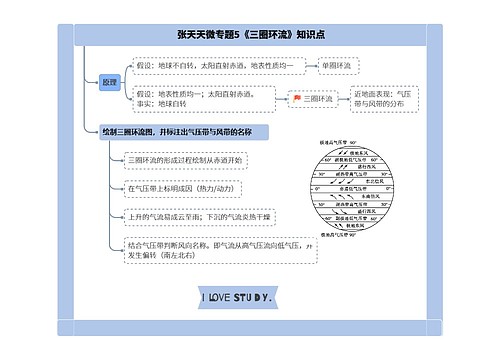
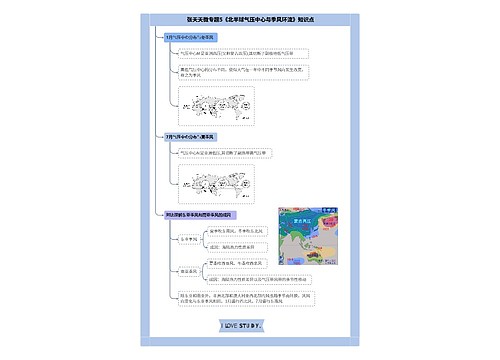
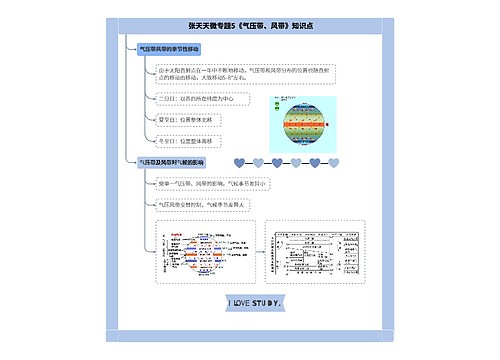
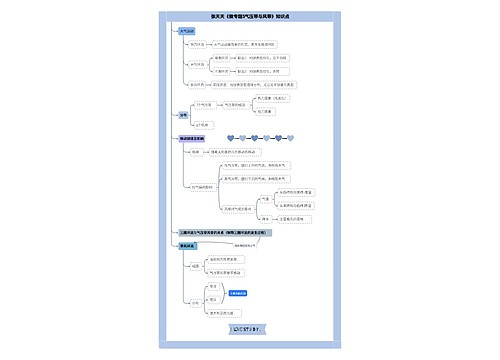


 上海工商
上海工商